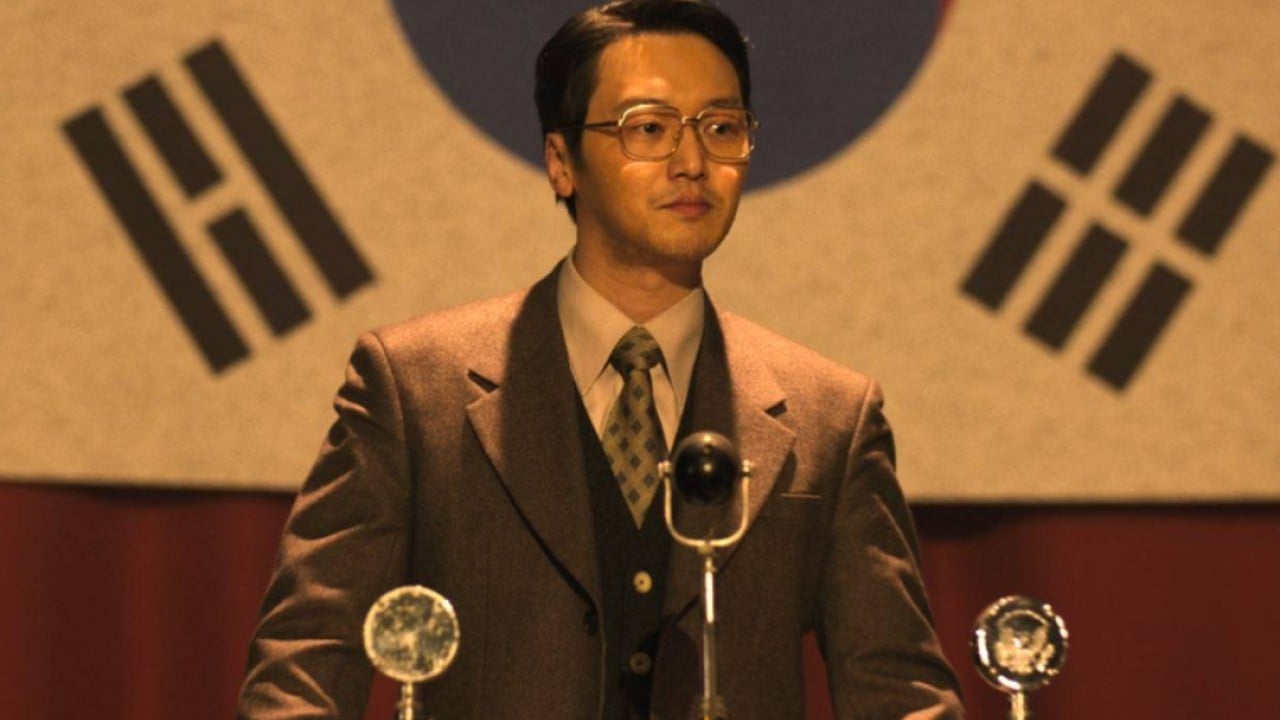Song Kang-ho, Byun Yo-han However, the complexity of ’s narrative was a double-edged sword. On the one hand it, along with writer-director Shin Yeon-shick’s lyrical dialogue and the show’s high production values, made the story rich and meaningful. On the other hand, the series’ mix of real historical events with fictional ones, and the density of the political machinations depicted, created an opaque narrative whose meaning was hard to fathom.
Part of the opacity came from the confusing jumble of coups d’état depicted. The coup which swept General Park Chung-hee to power in South Korea occurred on May 16, 1961. Viewers who know their history would have been confused by the series’ middle episodes, which instead depict the main characters secretly preparing to stage a military coup in early 1960, before aborting their plans.

They are aborted because of an actual historical event – the student protests of April 19, 1960, during which government forces mowed down over 100 civilians who had taken to the streets to decry a rigged presidential election (also featured in the show). Following this, the plotters revive their fictional coup preparations, and plan to seize power on May 16, exactly one year before South Korea’s actual 1961 coup. A coup does indeed take place, but it is not the one we expect; the group of plotters has splintered, and the faction that orchestrates the military takeover has secretly sided with a different group.
These are the people who i.
















